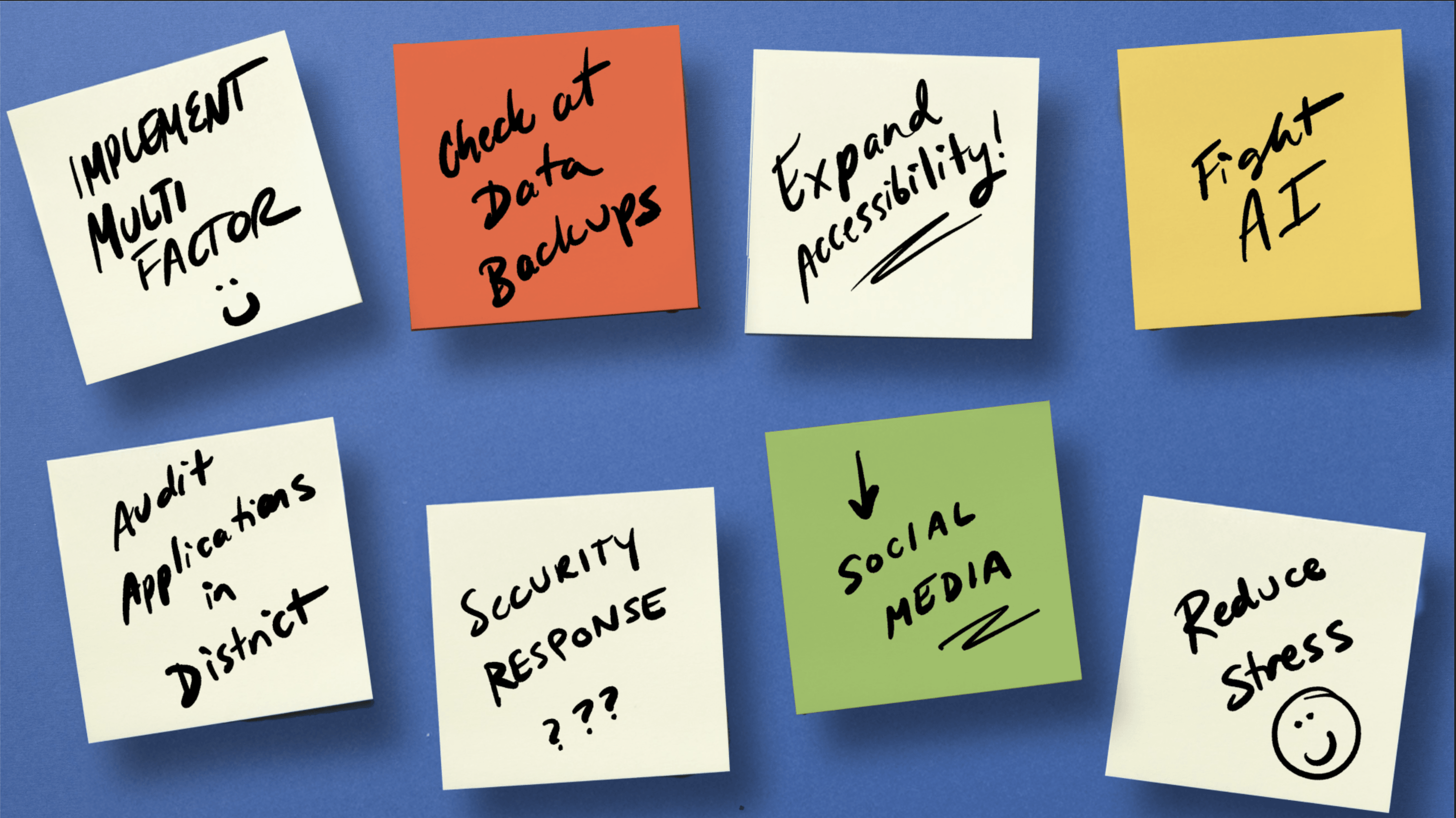
“Cooperative with peers.”
“Thoughtful and helpful to others.”
“A joy to have in class.”
After reading those report card comments, think for a moment about the team you lead. What would the professional version look like? Who is absolutely spot-on with decision-making? Who’s the one with impeccable time management? Stress tolerance? Presentation skills? Flexibility?
Every one of those shining examples arrived at their high skill level through practicing and building emotional intelligence (EQ). According to TalentSmart, emotional intelligence can account for close to 60% variance in job performance. Most top performers will have a high level of emotional intelligence. Very few low performers have it. Now, while correlation does not equal causation, it never hurts to brush up on the communication and interaction skills that make someone a better team player. Let’s explore what qualities and skills emotional intelligence can impart on students.
Emotional intelligence is made up of skills people can practice and improve. A higher EQ helps people become more empathetic to others. It helps them manage not only the interactions they have with others, but also their own emotional reactions. The more people practice these skills, the more effective they’ll be—just the same as when learning to make a free throw or paint a portrait.
People (including students) with stronger EQ levels can manage themselves better in stressful interactions and situations. They tend to display better decision making, time management, and tolerance for change and stress. They can be more assertive and manage their anger better. People may find them more trustworthy and flexible. These internal skills help people manage their responses, showing a more measured approach to all sorts of daily fluctuations and challenges. They hold themselves accountable for their actions.
Emotional intelligence also has a huge impact on communication with others. Communication is improved, as well as presentation and social skills. Those who excel at customer service often display high levels of EQ. Regardless of whether a student dreams of pursuing a role interacting with the public, they will always have a “customer” to communicate with—whether that’s a teammate, a boss, or an audience of some sort. The communication skills required to provide great customer service will only help students excel at teamwork in their chosen field.
All these internal and external skills add up to a competitive advantage for those who invest in their emotional intelligence. Imagine the impact a lifelong practice of these skills would make on students just entering the job force.
How to practice EQ with kids
Ways to improve students’ emotional intelligence vary as much as student strengths do. A great way to start is by investing in students’ social-emotional learning. Allowing the time and freedom to check in with their own progress is important to building a baseline to grow from.Most external skills—presenting, communicating, and service—lend themselves to good classroom activities. Some students may already be pursuing a part-time job, depending on their ages, but any student can practice a service mindset through volunteering. Presentation skills may feel uncomfortable at first, but again, practice makes progress.
Internal skills may be a little trickier to measure and practice. Students benefit from opportunities to be accountable. Any opportunity to increase students’ agency, choice, and self-management is a good thing. The decisions students make help drive home the fact they are responsible for themselves and their reactions—a crucial component of good self-management.
Emotional intelligence can give students an edge over competition in any field. Begin the lifelong practice early and give them a leg up on their development, professionally and personally.
Follow-up resource: Social-Emotional Learning
Can technology help with SEL? Let's find out.WHAT'S NEXT FOR YOUR EDTECH? The right combo of tools & support retains staff and serves students better. We'd love to help. Visit skyward.com/get-started to learn more.

|
Erin Werra Blogger, Researcher, and Edvocate |
Erin Werra is a content writer and strategist at Skyward’s Advancing K12 blog. Her writing about K12 edtech, data, security, social-emotional learning, and leadership has appeared in THE Journal, District Administration, eSchool News, and more. She enjoys puzzling over details to make K12 edtech info accessible for all. Outside of edtech, she’s waxing poetic about motherhood, personality traits, and self-growth.




